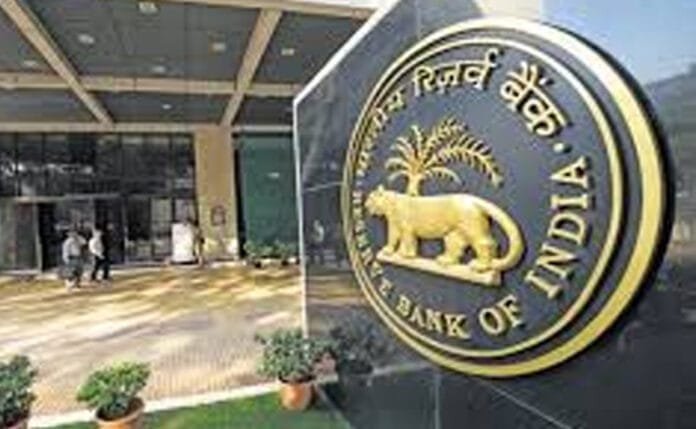New Delhi: The Reserve Bank of India (RBI) has announced significant updates regarding the Rupee Accounts system, allowing banks to open or close accounts in the names of foreign branches or representatives without prior approval from the central bank. However, Pakistani banks’ branches operating outside Pakistan will still need RBI’s special permission to open such accounts. These changes were detailed in the new Master Directions issued by the RBI
What Are Rupee Accounts?
A Rupee Account, also known as a Rupee Vostro Account, is a financial system that allows foreign banks to conduct transactions in Indian Rupees (INR) with domestic banks. This system, regulated by the RBI, helps foreign banks to carry out trade and investment operations in India without setting up a physical branch. It provides a secure and transparent mechanism for conducting transactions in INR, making international trade easier and more efficient.
RBI’s Key Announcement: Easing Rupee Account Regulations
The RBI has decided to ease the process for banks to manage Rupee Accounts by allowing them to open and close accounts for their foreign branches or representative offices without seeking approval from the central bank. This move is expected to simplify processes for foreign banks operating in India, facilitating smoother financial transactions.
However, the RBI made it clear that Pakistani banks operating outside Pakistan will still require special approval to open Rupee Accounts. This ensures compliance with India’s regulatory frameworks and national security considerations.
Changes in Non-Resident Bank Account Regulations
Under the new guidelines, non-resident banks can fund their accounts with INR to meet their operational needs in India. The RBI has allowed these banks to purchase foreign exchange at current market rates to maintain their accounts, ensuring that they can smoothly conduct operations related to Indian trade and investments.
Foreign Exchange Regulations for Non-Resident Banks
The RBI has emphasized that the funding of non-resident bank accounts should not result in speculative trading of the Indian Rupee. The central bank is taking extra steps to ensure that these accounts are not used to engage in forex speculation that could destabilize the INR. In the event of any such activity, banks are required to report it immediately to the RBI.
Furthermore, the RBI has placed strict restrictions on the advance purchase or sale of foreign currencies for the purpose of repatriating funds in INR. There is also a ban on offering two-way quotes in INR for non-resident banks, which will ensure transparency and stability in forex markets.
The Need for Stricter Monitoring
In its Master Directions, the RBI stressed that transactions in Rupee Accounts should be closely monitored to prevent any activities that could affect the integrity of India’s currency system. This includes carefully tracking any movements of foreign currency in and out of such accounts to ensure compliance with all regulatory guidelines.
“While we are making it easier for foreign banks to operate in India, it is critical to ensure that such accounts are not misused for speculative purposes,” said a senior official at the RBI.
Why Are These Changes Significant?
The updates come at a time when India is aiming to boost international trade and foreign investments. By simplifying the process for opening and managing Rupee Accounts, the RBI is likely to attract more foreign banks to operate in India, which could potentially lead to greater capital inflows and economic growth.
The regulations also seek to prevent financial instability caused by speculative activities in foreign exchange markets, ensuring the stability of the Indian Rupee in the global market.












